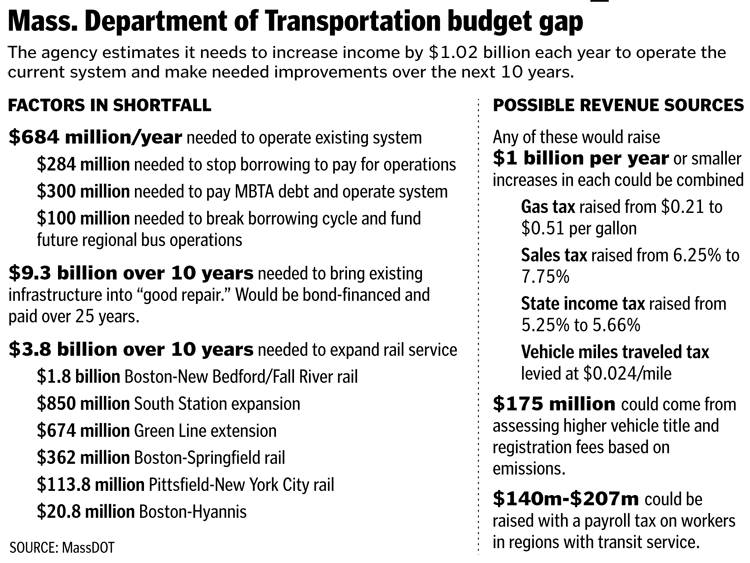Here’s one of the little reasons I like him (from his weekly e-newsletter received yesterday – emphasis mine):
The Federal Communications Commission (FCC) just announced that it would consider allowing cell phone use during flights. The FCC will review the matter at its December 12th meeting. I have concerns about this. If cell phone use is allowed, will airlines then begin charging passengers, either to sit in cell phone free rows or in rows that allow calls? An airplane is a confined space with no ability to move into another compartment or switch seats if someone is talking loudly and at length. Unlike trains, airlines cannot offer “quiet cabins”. We’ve all been in the presence of someone who is not considerate of others when engaging in conversation on a cell phone. That situation is significantly more challenging in a confined space. No one wants to be stuck sitting next to someone talking loudly on their phone for an hour or more when they have nowhere to go for some quiet.I will be expressing my concerns to the FCC.

